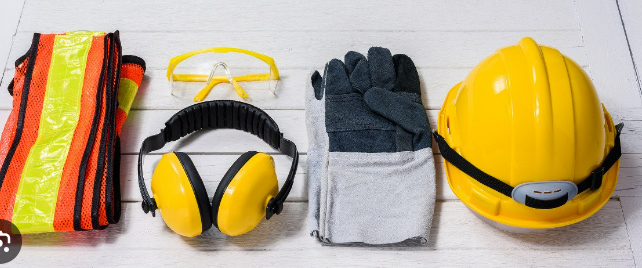Bringing in a new engineer into your business is a big step in your company. With the right preparations and training, you can create an efficient engineer that can help to propel your business. However, if you do not train your new engineer efficiently, they may make mistakes during their work and end up costing your company a lot of money. In this article, we will explore some steps to help you successfully train your new engineer.
When you bring a new engineer into your company, it is vital that they understand how to remain safe when they are in the workplace. Whether your engineer will be working near major highways, or on building sites, you are responsible for providing them with all the necessary training. You should provide training for first aid, fire safety, use of equipment, and use of PPE. It is also your responsibility to provide your new engineer with all of their PPE. This may include high-visibility clothing, a hard helmet, and steel-toed boots.
To ensure that your engineer is going to be able to complete all of their jobs to a high standard, then you must equip them with all the necessary tools and equipment for their daily jobs. If their jobs involve programming, then you must also provide them with a laptop or tablet with all the necessary programs installed on it. If your engineer is going to be doing a lot of travelling to and from their jobs, you should provide them with a company car or van. You should also equip their vehicles with the necessary tools for their jobs and install Chapter 8 Chevrons onto the back of the vehicle to ensure they are safe if they are working on the roadside. You can purchase Chevron Kits from a company such as www.vehiclechevrons.com
When your new engineer has gone through all the necessary training, then it is time for them to go out on their first jobs. Rather than sending them out on their own, you should consider sending them with a more senior engineer or shadowing them yourself. By doing this, you can see first-hand how they act on the job and around clients, to ensure they are being professional. You can also make a decision if they are appropriately trained by seeing how well they carry out their jobs.


